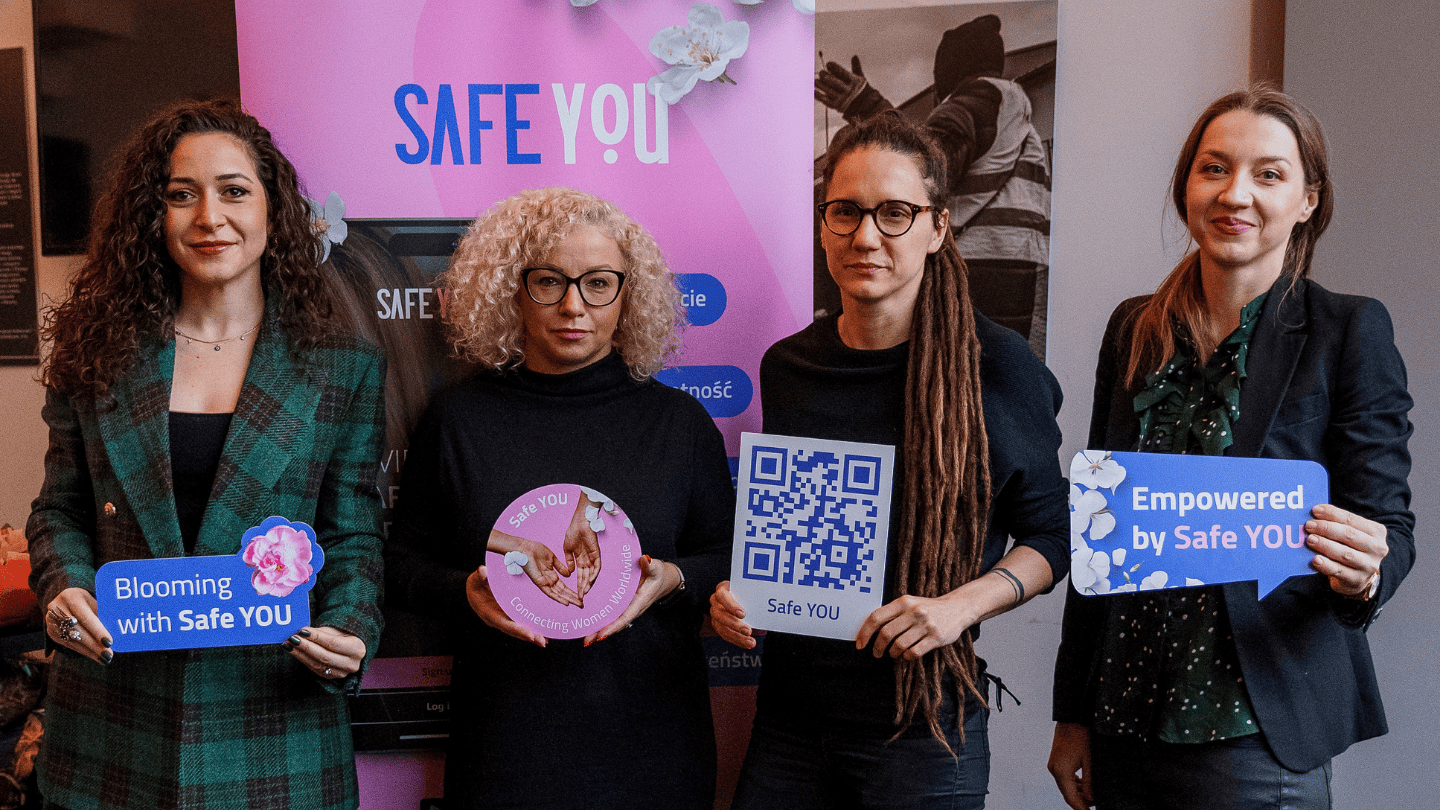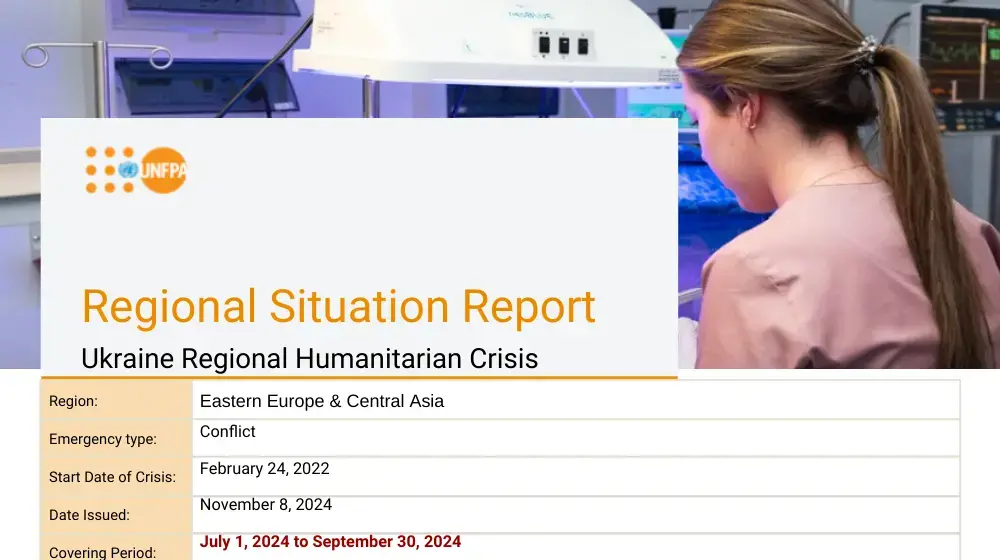WARSAW, Poland – It is estimated that almost one in three women around the world will experience some form of gender-based violence in their lifetime. It can happen to women in desperate situations who are suffering conflict, displacement or economic instability. It can also happen to women in the highest levels of power.
That was one of the messages at the launch event for the Safe YOU mobile application in Warsaw. Poland’s Minister of Equality Katarzyna Kotula delivered the opening address in which she revealed that she was also a survivor of sexual assault from an incident years earlier. At the time, she said she felt afraid and alone, which prompted her not to report the attack.
It was a powerful example of the violence and vulnerability that women from all backgrounds may face – and the need for tools like Safe YOU to respond. The app is a virtual safe space for women that provides safety, support, community, knowledge and empowerment at the touch of a button.
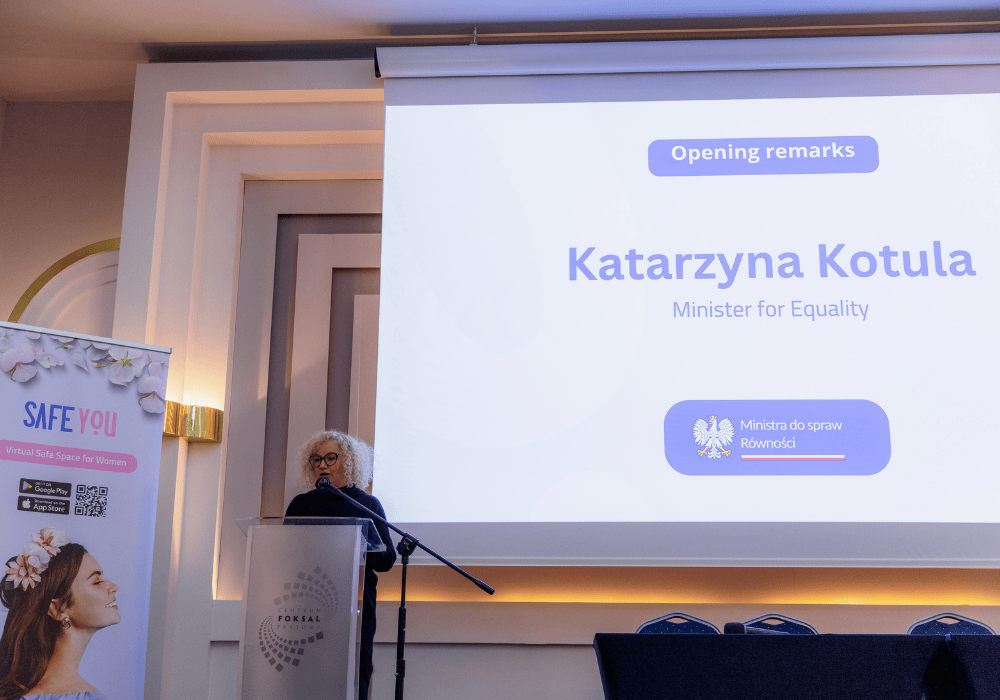
Poland is the sixth country to roll out a version of Safe YOU. It was also introduced in Romania a few months earlier in June 2024. Both countries host large numbers of refugee women and girls who fled the war in Ukraine, and have humanitarian programmes run by UNFPA to respond to the refugees’ needs.
“A must-have in every woman’s phone”
UNFPA has been a longtime supporter of Safe YOU’s development. The project was founded in 2020 by social entrepreneur Mariam Torosyan, who initially created the app for her native Armenia. With the support of UNFPA and other partners, it has since expanded its reach to Georgia, northern Iraq and parts of the United States in addition to Romania and Poland.
Every detail about Safe YOU has been designed with the needs of women in mind. For emergency situations, there is a HELP button that the user can hit to immediately send an alert message with their geolocation to up to seven pre-selected contacts, including friends, family members, service providers, and in some cases, the police. Pressing the button also enables the phone to begin recording audio, which could be used as evidence in future legal proceedings or as part of psychosocial care.
![Screenshot of the SafeYOU app featuring a large pink button in the centre that reads "PUSH HOLD" on a navy blue background. Along the bottom there is another smaller pink button in the centre that reads "HELP" with buttons for "Emergency Contacts" and "My Recordings" on either side. A bar along the bottom in white has more buttons: Forums [with a trophy icon], Network [with node icon], Messages [with message bubble icon] and Menu [ellipses icon]](/sites/default/files/inline-images/IMG_2184.jpg) Realizing that abusers often monitor and control their partner’s phone activities, the app allows women to change its name and icon so that it can be camouflaged on their screen. A “fake PIN code” function adds another layer of protection to ensure only the real user can access its services.
Realizing that abusers often monitor and control their partner’s phone activities, the app allows women to change its name and icon so that it can be camouflaged on their screen. A “fake PIN code” function adds another layer of protection to ensure only the real user can access its services.
But the heart of the Safe YOU app is its moderated forums. Here, women can cultivate their own safe space by connecting with other survivors, learning from a library of educational materials, and receiving free consultations from verified specialists such as lawyers, doctors, psychologists and social workers. The free and anonymous nature of the online platform removes the financial, geographic and social barriers that often prevent survivors from accessing traditional survivor services, especially those who are in vulnerable situations like refugees.
Across all of its international versions, Safe YOU estimates it has handled 24,000 alerts for GBV cases, performed 12,000 consultations, and directly impacted more than 40,000 people with its services. SafeYOU has begun using data analytics from these cases and artificial intelligence to identify trends in gender-based violence that might prevent future cases and help authorities allocate their resources more strategically.
“It is a must-have in every woman’s phone,” said Ruxandra Sevastin, a social worker in northeastern Romania who works with Safe YOU’s local partner, Sensiblu Foundation. She said the feedback she has received so far has been overwhelmingly positive, especially from women in rural areas who have more limited access to reliable information about not only gender-based violence but also sexual and reproductive health, self-care, and relationships. One user told her, “A few years ago, I only had newspapers and magazines to learn different stuff about relationships. Now I can go on the forum section and read what I want.”
Global problem, local response
The Sensiblu Foundation is one of the women-led organizations Safe YOU works with in each country to help tailor its content and services to match the conditions on the ground. In Romania and Poland, the app is available in the local language as well as in Ukrainian and English to ensure equal access for refugee women and girls living there.
Cristina Horia is president of the Sensiblu Foundation and has been with the organization for more than two decades. She explained that an effort was made to ensure Ukrainians were included both in the app’s materials and in the service providers they partnered with: “Several organizations already enrolled in the app are Ukrainian-led and based in Romania. The forum articles cover topics of interest to Ukrainian refugees living in Romania, which we identified through our direct work with them.”
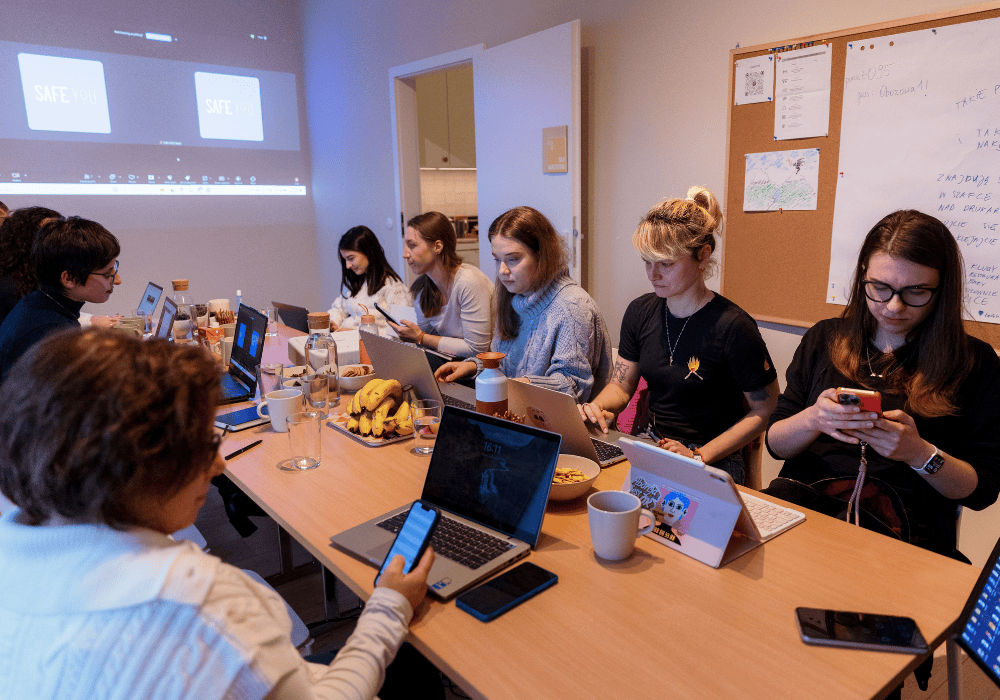
Safe YOU’s operations in Poland are run by Feminoteka, a well-established women's rights NGO based in Warsaw. Liliana Religa, the lead coordinator of the programme, said there is no other app like Safe YOU that currently exists in the Polish market. She sees it as an opportunity to strengthen the network of service providers across the country and highlight the full range of support services that are available to women, including Ukrainian refugees. “This is a way we can hopefully attract people to come to us and get the help they need,” Ms. Religa said. “We can use it both to continue our standard work, but also to reach new audiences and to let people know that we are here for them and we also have shelters and a helpline and a rape crisis center and so on.”
For Safe YOU’s founder Mariam Torosyan, seeing her vision realized in different countries around the world has been a dream come true – but she knows there is still work to be done. “My ultimate goal has always been to make sure that women do not feel alone,” she said. “The app is about creating a big ecosystem of support that removes all barriers to access for women and puts the power back in the hands of the survivor.”
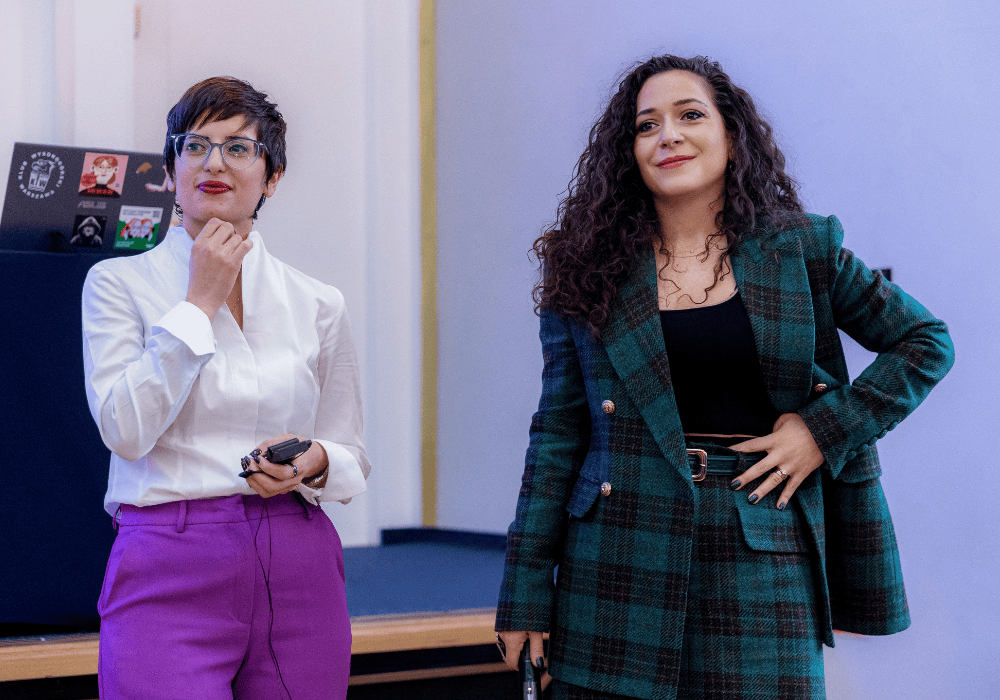
This project was completed with funding from the US Bureau of Population, Refugees and Migration.

